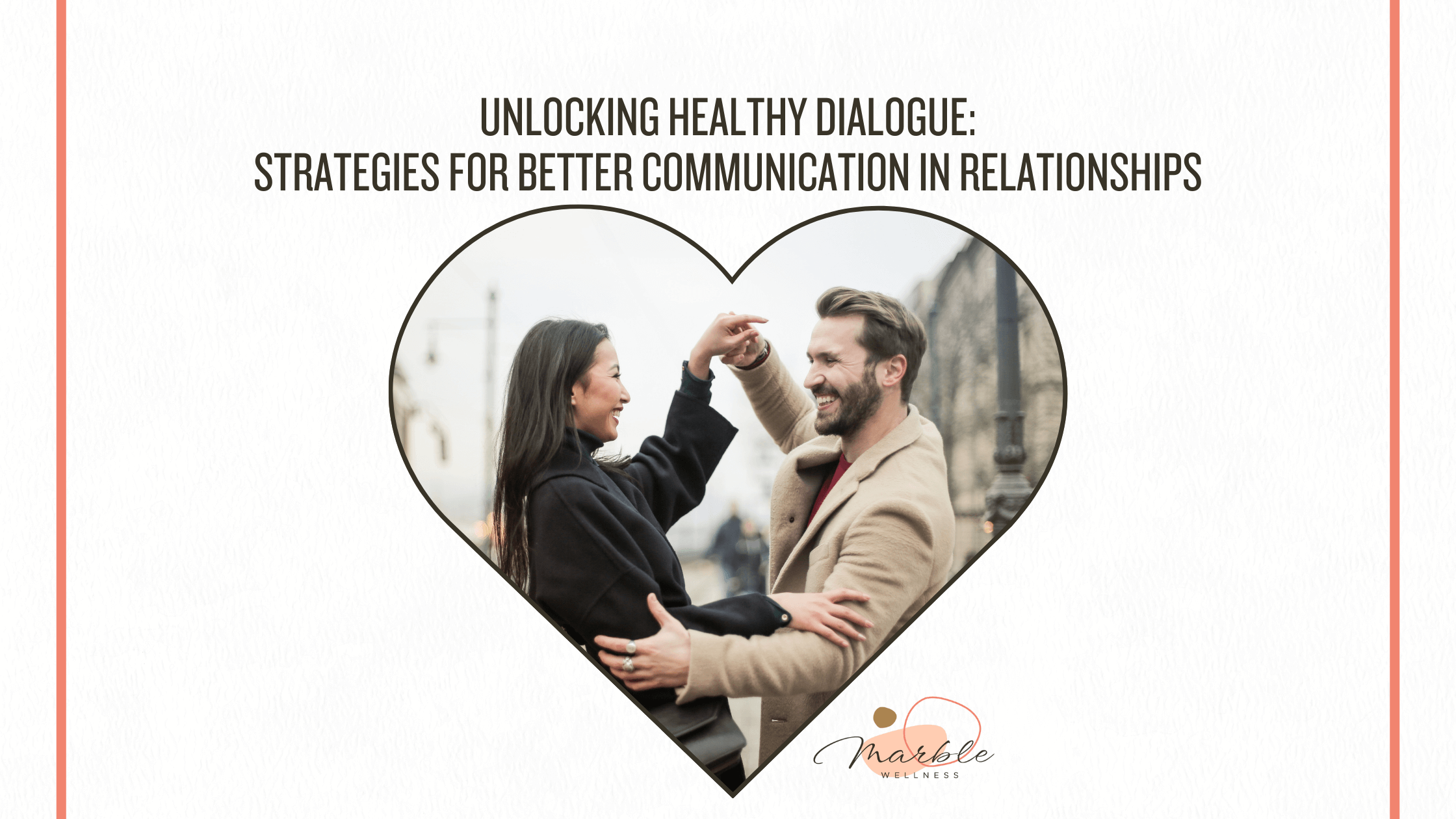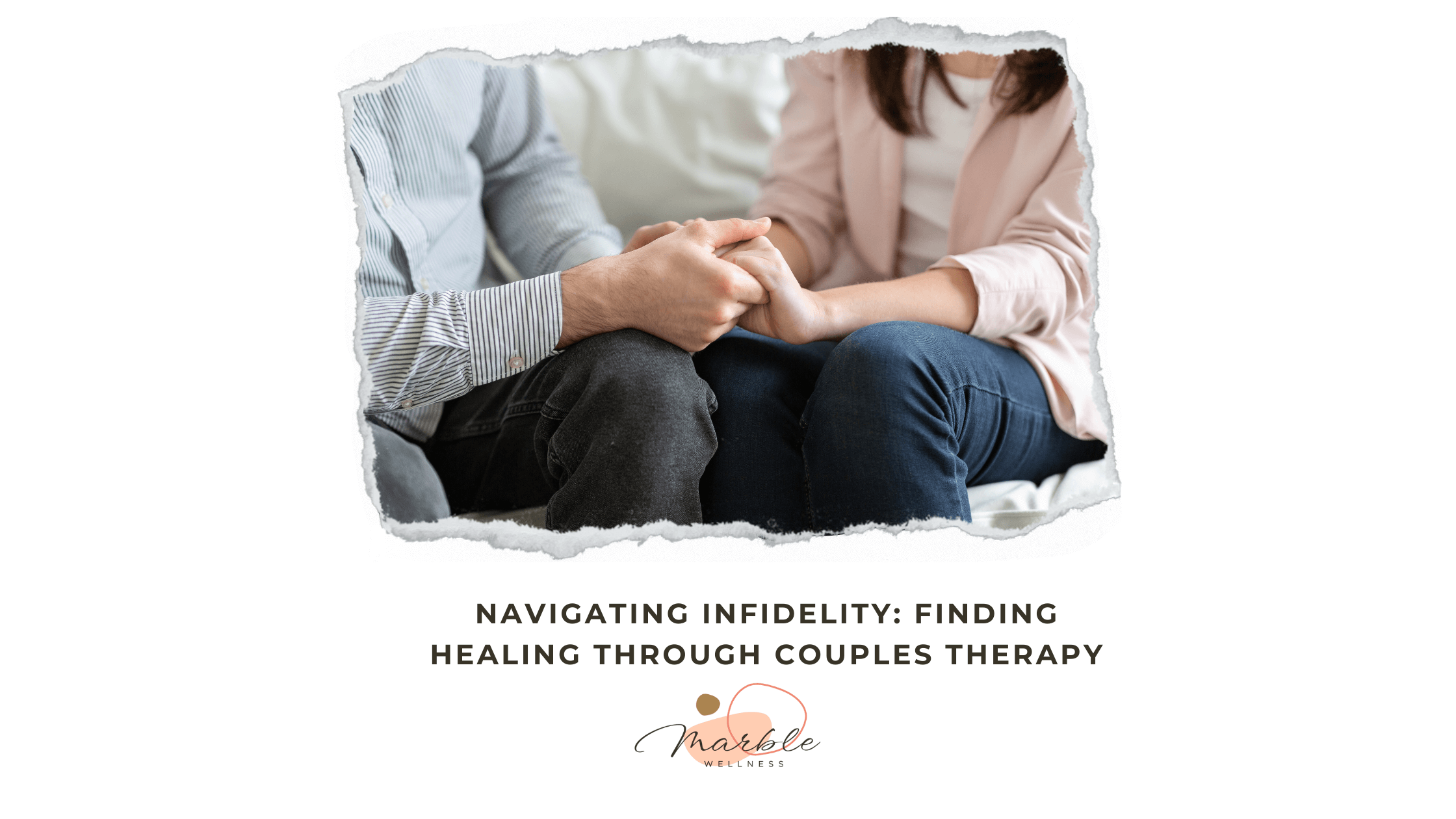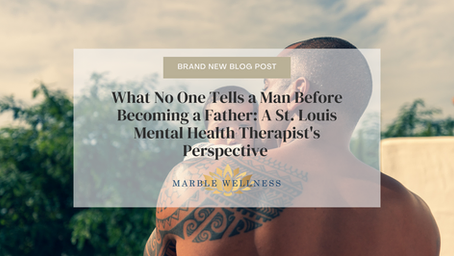Navigating communication in relationships is both challenging and a must. Uncover strategies to foster a more open and healthy dialogue with your partner and strengthen your connection.
Effective communication is the cornerstone of any successful and enduring relationship. In the intricate dance of love and partnership, the ability to express oneself openly, honestly, and empathetically can make all the difference.
In the realm of committed relationships, communication acts as a bridge that spans the gap between two individuals, allowing them to navigate challenges, celebrate triumphs, and cultivate intimacy. Through communication partners share their dreams, fears, and aspirations, forging a shared vision of their future together.
Moreover, effective communication lays the groundwork for resolving conflicts, addressing misunderstandings, and strengthening the emotional connection between partners.
In essence, the quality of communication within a relationship often determines its longevity and resilience in the face of life’s inevitable ups and downs.
Why So Many Couples Experience Challenges with Communication in Their Relationships
Many couples struggle with effective communication for a variety of reasons, ranging from individual personality differences to external stressors and societal influences.
Firstly, differing communication styles and preferences between partners can lead to misunderstandings and friction. For example, one partner may prefer direct and explicit communication, while the other may rely more on nonverbal cues or hints, resulting in misinterpretations and frustration.
Additionally, past experiences and upbringing play a significant role in shaping an individual’s communication patterns and behaviors. Childhood experiences, family dynamics, and cultural backgrounds can all influence how one communicates and expresses emotions within a relationship.
If you grew up in an environment where open communication was discouraged or emotions were suppressed, you may still struggle to effectively communicate your needs and feelings.
Moreover, external stressors such as work pressures, financial strains, and family responsibilities can exacerbate communication challenges within a relationship. When partners are overwhelmed, they may resort to unhealthy communication habits such as avoidance, defensiveness, or blame. Thus hindering further constructive dialogue and problem-solving.
Lastly, societal norms and gender roles can impact communication dynamics within a relationship. Traditional gender expectations may dictate that men should be stoic and unemotional, while women should be nurturing and accommodating, leading to disparities in how emotions are expressed and received. These ingrained stereotypes can create barriers to open communication and vulnerability between partners.
How Couples Can Determine If the Problem Is Communication
Couples may not immediately recognize communication as the root cause of their challenges because they often manifest as symptoms rather than the core problem. However, several signs can indicate that communication styles and techniques are contributing to difficulties in your relationships:
1. Recurrent conflicts or arguments that seem to follow a similar pattern without resolution may suggest underlying communication issues. If couples find themselves repeatedly revisiting the same disagreements or unable to reach a compromise, it could indicate ineffective communication strategies.
2. Feelings of misunderstanding, resentment, or emotional distance between partners may stem from communication barriers. When couples struggle to express their thoughts, feelings and needs openly and honestly, it can lead to miscommunication, frustration, and a sense of disconnect.
3. Avoidance or reluctance to engage in difficult conversations or share vulnerable aspects of oneself with a partner may signal communication challenges. If couples find themselves tiptoeing around sensitive topics or avoiding conflict altogether to maintain harmony, it could indicate a lack of effective communication skills.
4. Changes in communication patterns, such as decreased frequency of meaningful conversations or increased reliance on passive-aggressive behavior, may highlight underlying issues. Couples who notice a shift in their communication dynamics, such as decreased emotional intimacy or increased criticism and defensiveness, may benefit from addressing communication patterns in therapy.
Overall, if you find yourself experiencing recurrent conflicts, emotional distance, avoidance of difficult conversations, or changes in communication patterns, it may be a sign that these issues need to be addressed to improve your relationship dynamics.
How Couples Therapy Can Improve Communication in Relationships
Couples therapy can be highly effective in helping partners improve communication by providing a structured and supportive environment for addressing underlying issues and learning new skills. Here are several ways in which couples therapy facilitates communication improvement:
1. Identifying Communication Patterns
A skilled therapist can help couples identify their existing communication patterns, including both strengths and areas for improvement. By gaining insight into how they interact with each other, couples can recognize unhelpful behaviors and communication barriers.
2. Learning Effective Communication Strategies
Couples therapy offers practical tools and techniques to enhance communication skills. Therapists teach couples active listening, assertive communication, and conflict resolution strategies tailored to their specific needs and challenges.
3. Addressing Underlying Emotions and Beliefs
Effective communication goes beyond surface-level discussions and addresses underlying emotions, beliefs, and needs. Therapists help couples explore the root causes of communication breakdowns, such as past experiences, insecurities, or unmet expectations, allowing for deeper understanding and connection.
4. Promoting Empathy and Validation
Couples therapy emphasizes the importance of empathy and validation in communication. Therapists guide partners in expressing empathy for each other’s experiences and validating their emotions, fostering mutual understanding and emotional connection.
5. Practicing Active Listening
Active listening is a fundamental aspect of effective communication. Therapists teach couples how to listen attentively to each other’s perspectives without judgment or interruption, promoting deeper understanding and validation of each other’s experiences.
6. Encouraging Open and Honest Expression
In a safe and non-judgmental therapy environment, couples are encouraged to express their thoughts, feelings, and needs openly and honestly. Therapists facilitate constructive dialogue, helping partners communicate with clarity and authenticity.
7. Developing Conflict Resolution Skills
Conflict is inevitable in any relationship, but how couples manage and resolve conflicts can significantly impact relationship satisfaction. Couples therapy teaches partners effective conflict resolution strategies, such as compromise, negotiation, and problem-solving, to navigate disagreements constructively.
8. Building Trust and Connection
Effective communication is essential for building trust and connection between partners. Through therapy, couples work towards rebuilding trust, repairing past hurts, and strengthening their emotional bond through open and honest communication.
Recommendations from a Couples Counselor for Outside the Therapy Room
Outside of couples counseling sessions, a couples counselor might recommend several activities and practices for partners to engage in and support their therapeutic journey. Here are some recommendations to improve communication in your relationships:
1. Practice Active Listening
Set aside dedicated time each day to engage in active listening exercises with your partner. Practice listening attentively to each other without interrupting, offering feedback, or jumping to conclusions. Reflect on what your partner has said to ensure mutual understanding and validation.
2. Implement Regular Check-Ins
Schedule regular check-in meetings with your partner to discuss your relationship, share your thoughts and feelings, and address any concerns or conflicts that arise. Use these check-ins as an opportunity to express appreciation for each other’s efforts and to brainstorm solutions to ongoing challenges.
3. Engage in Relationship-Building Activities
Dedicate time to engaging in activities that strengthen your bond and promote mutual enjoyment. Plan regular date nights, weekend getaways, or shared hobbies that allow you to connect on a deeper level and create positive memories together.
4. Practice Emotional Validation
Make a conscious effort to validate each other’s emotions and experiences on a daily basis. Offer words of encouragement, empathy, and support, even during moments of disagreement or tension. Validate your partner’s feelings by acknowledging their perspective and expressing understanding and acceptance.
5. Set Relationship Goals
Collaborate with your partner to set specific, achievable goals for your relationship. Whether it’s improving communication, increasing intimacy, or resolving conflicts more effectively, establishing shared objectives can provide motivation and direction for your therapeutic journey.
6. Prioritize Self-Care
Remember to prioritize self-care and individual well-being alongside your efforts to strengthen your relationship. Engage in activities that promote physical, emotional, and mental health, such as exercise, meditation, hobbies, or spending time with friends and family.
7. Practice Conflict Resolution Techniques
Take proactive steps to improve your conflict resolution skills by practicing techniques learned in therapy. When conflicts arise, focus on maintaining a calm and respectful demeanor, actively listening to your partner’s perspective, and seeking mutually satisfactory solutions through compromise and negotiation.
8. Communicate Openly and Honestly
Foster a culture of open and honest communication in your relationship by expressing your thoughts, feelings, and needs authentically. Encourage your partner to do the same, creating a safe space for vulnerability, authenticity, and mutual understanding.
By incorporating these recommendations into their daily lives, partners can complement the work done in couples counseling sessions and cultivate a stronger, more resilient relationship.
Positive Changes to Expect in Your Relationships When Communication Improves
Participating in couples counseling and improving communication can lead to various positive changes in a relationship, some of which may be lesser known or surprising. Here are several improvements that a couple can expect:
1. Increased Emotional Intimacy
Effective communication fosters emotional intimacy between partners. As couples learn to express themselves openly and honestly, they deepen their emotional connection and develop a greater understanding of each other’s inner worlds.
2. Enhanced Problem-Solving Skills
Couples counseling teaches partners practical problem-solving strategies that they can apply to various aspects of their relationship. By learning how to address challenges collaboratively, couples become more adept at navigating conflicts and finding mutually satisfying solutions.
3. Greater Empathy and Understanding
Improved communication promotes empathy and understanding between partners. As couples learn to listen actively and validate each other’s experiences, they develop a deeper appreciation for each other’s perspectives and feelings.
4. Strengthened Trust and Security
Trust is a cornerstone of any healthy relationship, and effective communication plays a vital role in building and maintaining trust. Through open and honest dialogue, couples rebuild trust, repair breaches, and create a sense of emotional security within the relationship.
5. Heightened Sexual Satisfaction
Surprisingly, improved communication can lead to greater sexual satisfaction in a relationship. As partners become more attuned to each other’s needs and desires, they can communicate their preferences more effectively, leading to a more fulfilling and satisfying sexual connection.
6. Increased Relationship Satisfaction
Overall, couples who engage in effective communication and participate in counseling often report higher levels of relationship satisfaction. By addressing underlying issues, improving communication skills, and nurturing their emotional connection, couples create a stronger and more fulfilling partnership.
7. Enhanced Parenting Collaboration
For couples who are parents, improved communication can positively impact their co-parenting relationship. By learning to communicate effectively and resolve conflicts constructively, parents can work together more harmoniously, creating a supportive and nurturing environment for their children.
8. Improved Mental Health:
Effective communication and a healthier relationship dynamic can have significant benefits for partners’ mental health and well-being. As conflicts are resolved, emotional needs are met, and trust is strengthened, couples may experience reduced stress, anxiety, and depression.
Couples counseling in St. Louis can help you accomplish the above! Marble Wellness has several relationship and marriage therapists trained in the Gottman Method and Emotionally Focused Therapy, so they can help you and your partner get back to the type of relationship you want. Reach out today to get started!
Start Couples Counseling in St. Louis
If you live in St. Louis and are ready to improve the communication dynamic in your relationships and work toward happier and more fulfilling connections, we are here to help.
Contact Us!
Additional Counseling Services at Marble Wellness in St. Louis, MO and Chicago, IL
Counseling services are designed to help set you on a path of living a more fulfilled, calm, and happy life.
St. Louis
Our St. Louis team of therapists has a variety of training backgrounds and areas of expertise. We specialize in anxiety, depression, grief, chronic illness, therapy for men, couples, and maternal overwhelm. Our practice also helps new moms with various postpartum concerns, moms in the thick of parenting, and moms with teens. We can also chat from wherever you are in the state with online therapy in Missouri and online therapy in Illinois. No matter where you are in your journey, we would love to support you.
Chicago
Our Chicago team of therapists offers a wide range of mental health services to help our clients through the different challenges and hurdles in their lives. In addition to anxiety, depression, grief, therapy for men, and maternal overwhelm, we specialize in professional burnout, therapy for breakups, and love partnering with working moms.




